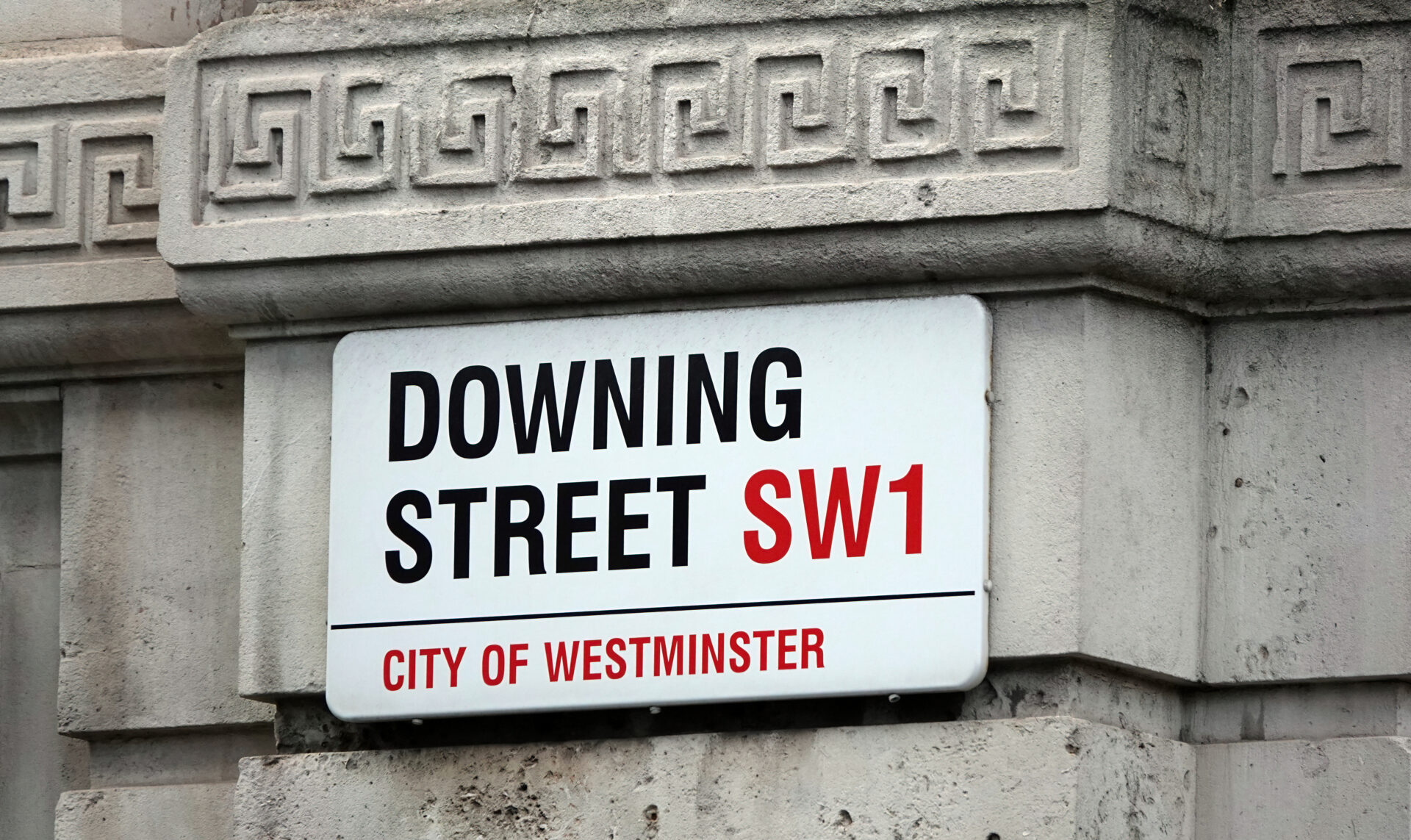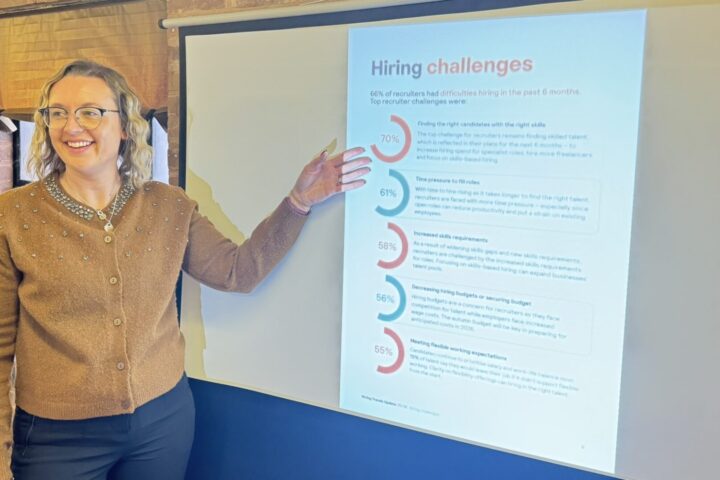The Saltus Wealth Index has indicated that proposed increases to Capital Gains Tax (CGT), business asset disposal relief – formerly known as entrepreneurs’ relief – and employers’ national insurance (NI) could act as a major disincentive to small business investment.
The research found that 38% of high net worth individuals (HNWIs) already supported start-up businesses, while a further 47% planned to.
However, Saltus suggested that an increase in CGT could not only disincentivise entrepreneurs, but also deter potential investors.
Jordan Gillies, partner at Saltus, said: “It is clear why respondents are reporting disquiet.
“The threat of a CGT rise from 20% to as much as 45% would strip away the incentive for entrepreneurs to start businesses, as it directly impacts their ability to sell and realise the reward.
“And that is before you consider the impact it would have on potential investors being put off supporting these entrepreneurs building the high growth businesses that will drive UK economic growth in the future.
“If CGT were to increase, investors, especially those involved in SEIS/EIS, would see their potential gains eroded, making investing in startups significantly less attractive.”
The Saltus Wealth Index also highlighted that 84% of HNWIs were actively mentoring younger entrepreneurs, while 82% were either part – or plan to become part of – an angel investing network, and 38% sat on at least one company board.
Gillies said: “This mentorship is crucial for the success of new ventures, but HNWIs worry that punitive tax regime could deter potential mentors and investors from getting involved at all.”
According to Gillies, changes to national insurance – particularly the removal of salary sacrifice relief – could also have a major impact on growth rates of early stage firms, with an increased cost base leading to slower investment in growth.
Gillies said: “Our research suggests that HNWIs are also concerned about other impacts of touted changes.
“Higher NI contributions would make it more expensive to hire staff, which makes it harder for startups to offer attractive packages, impacting their ability to recruit top talent.
“A reduction in NI relief means these businesses may have to cut costs, which could stifle innovation and growth.
“When combined with rumoured changes to GCT, this would be a double blow for the UK’s start-up community.”
15% of HNWIs planned to leave the UK within the next 12 months, and 23% of HNWIs said high tax rates and a complex tax system was the primary barrier to economic growth in the UK.
Gillies said: “Our research suggests that the Government needs to carefully consider the unintended consequences of these proposed changes.
“Higher taxes on entrepreneurs and investors could hinder innovation – if we want to create a high tech economy where the UK can be the source of the next Google, our research suggests that this is not the way to do it.”

















